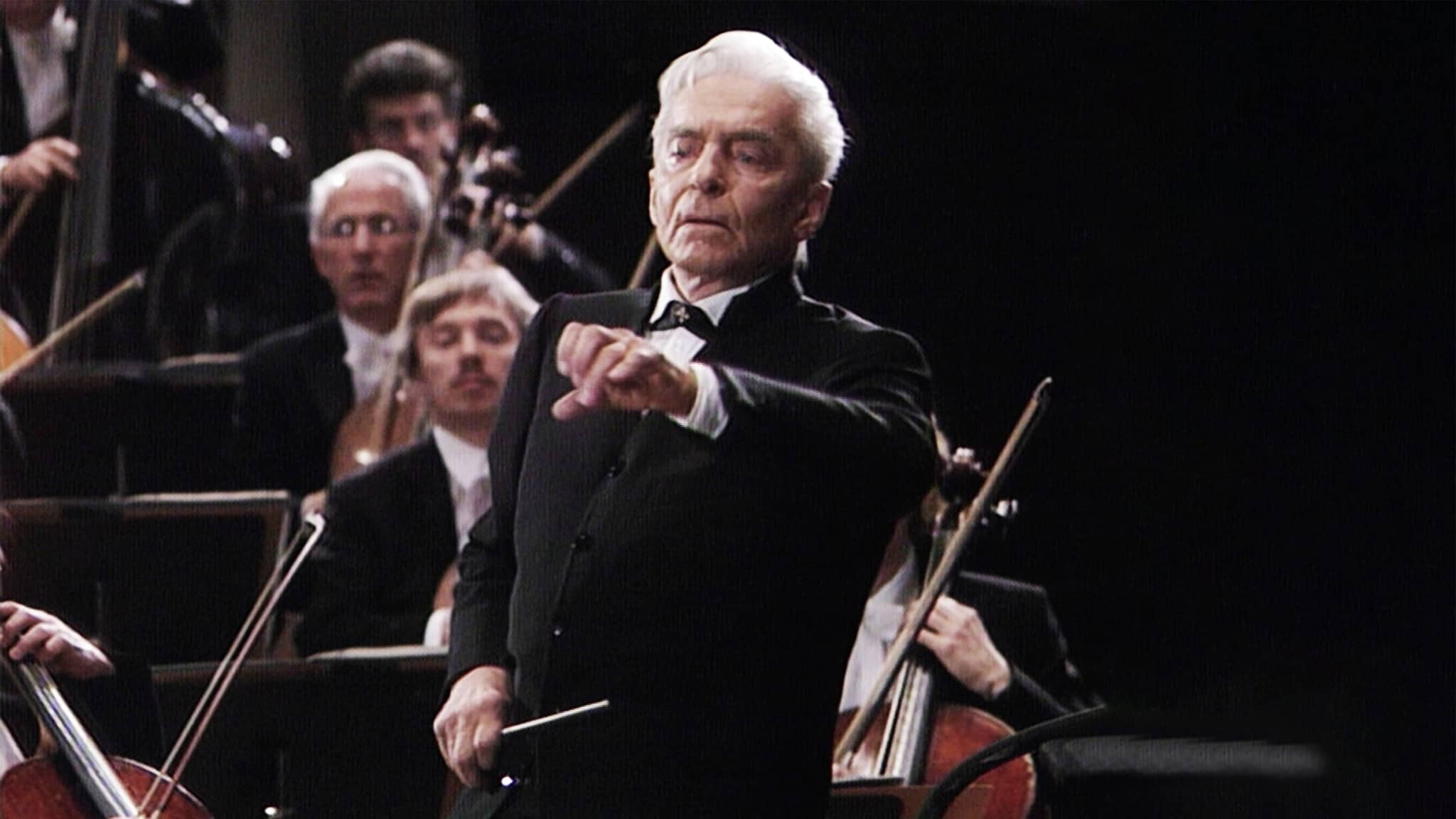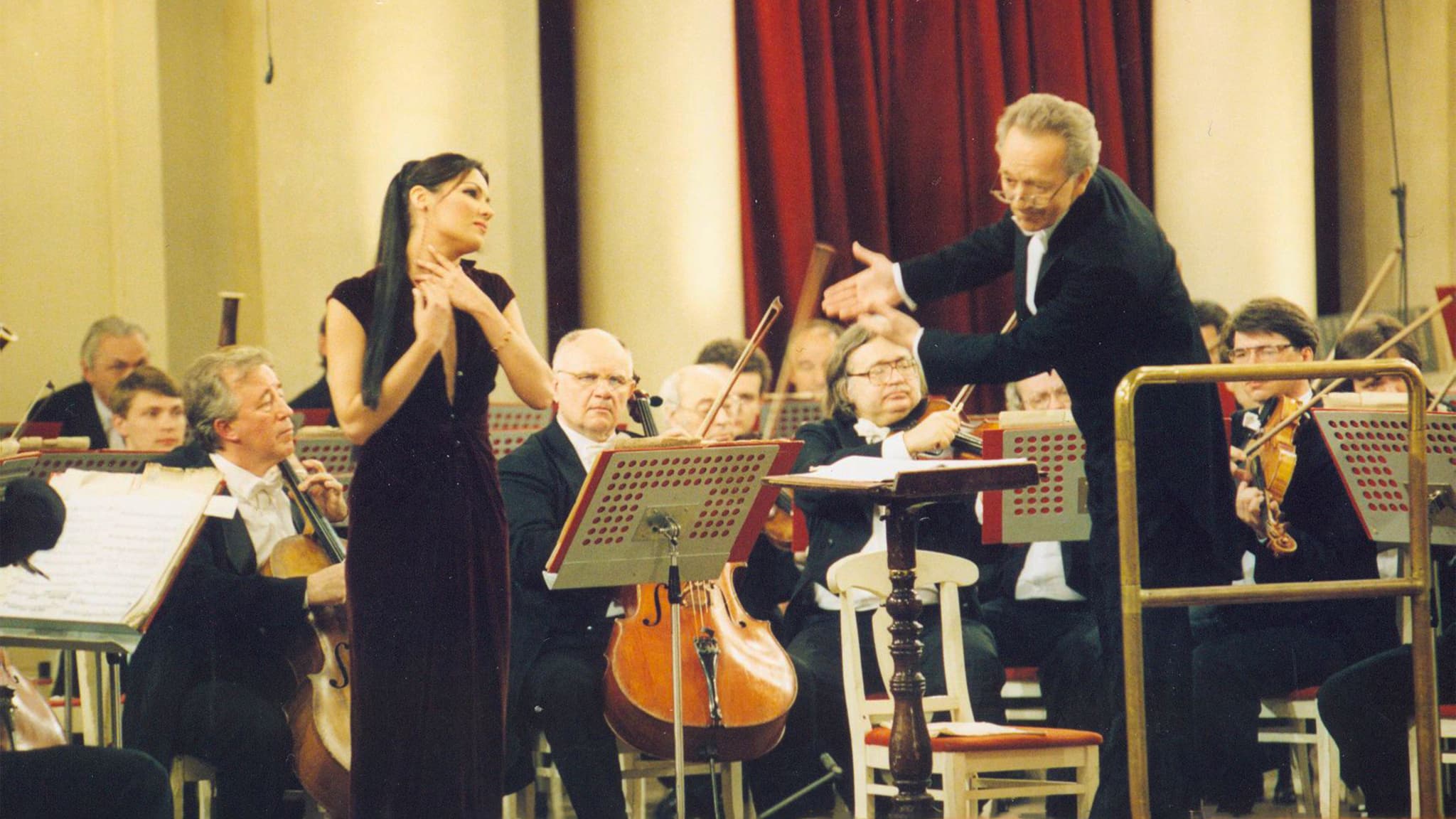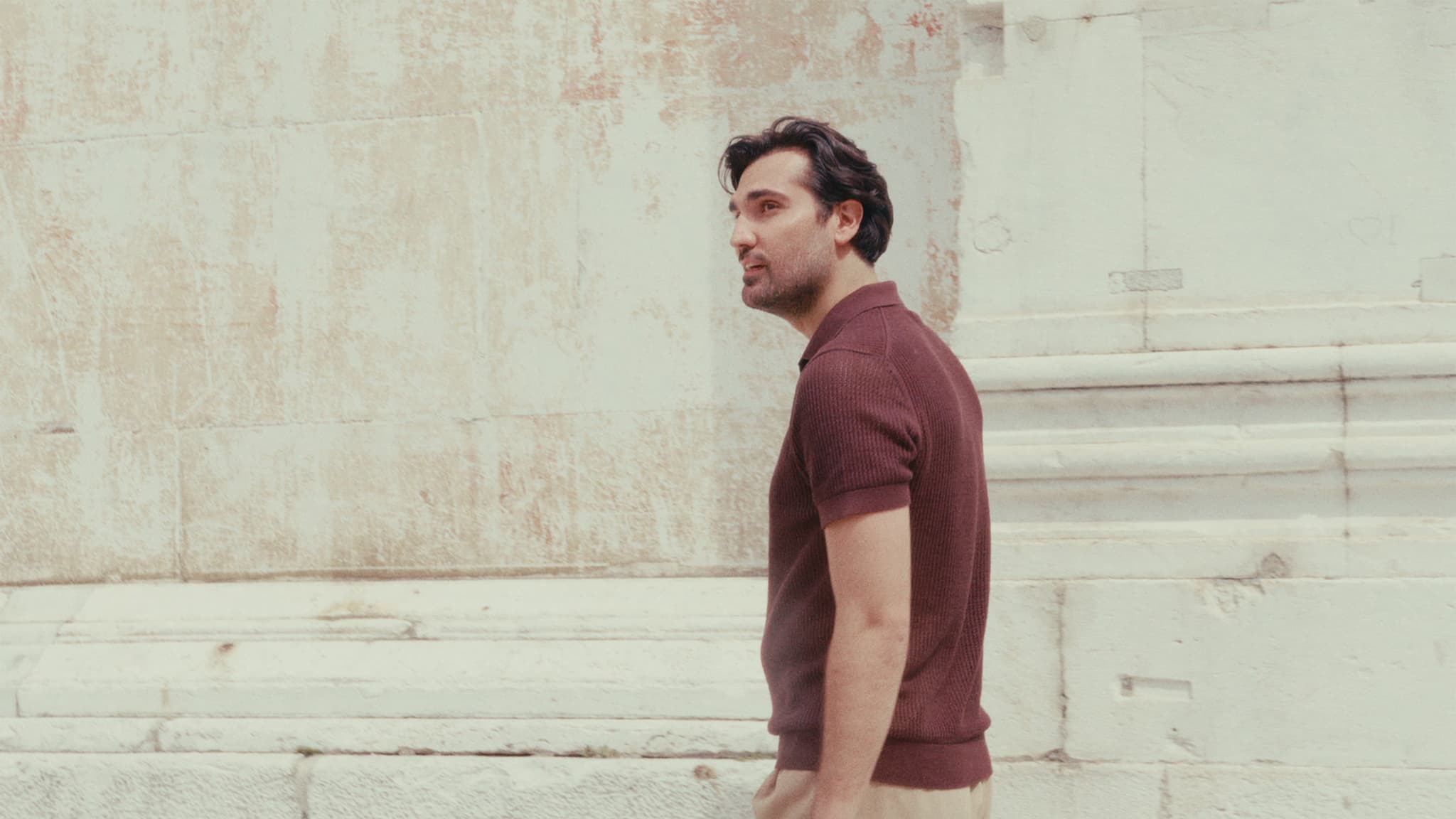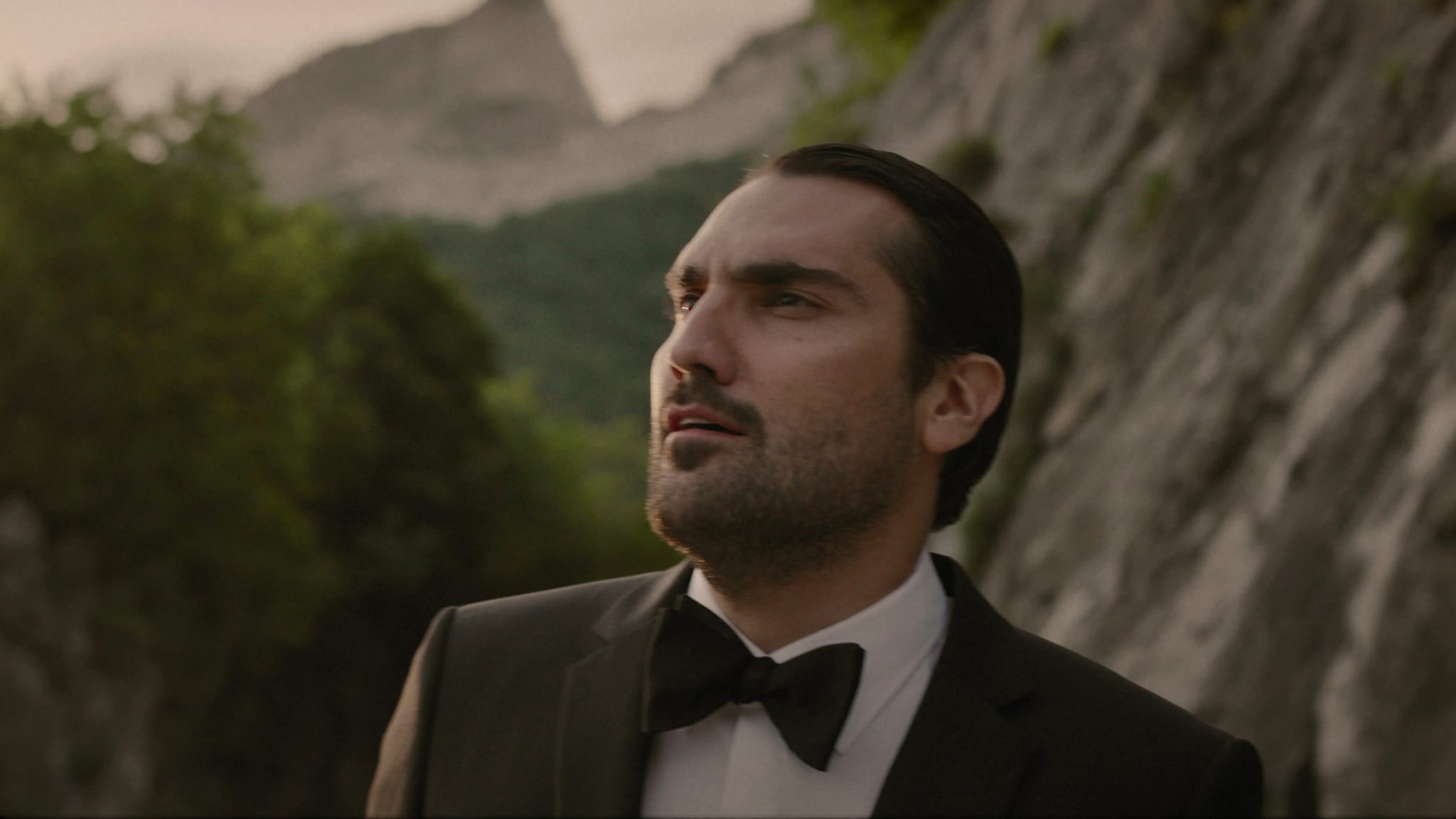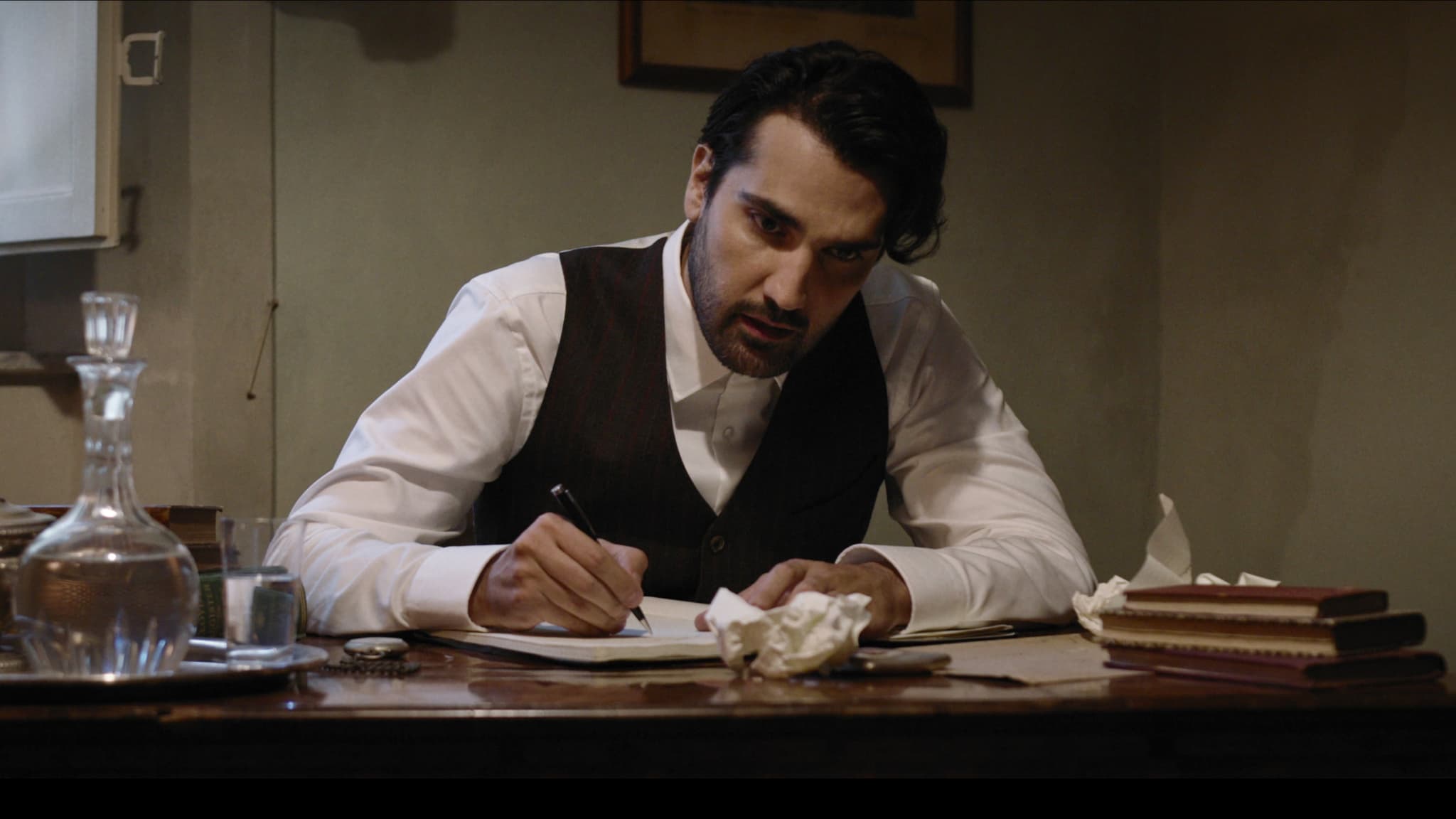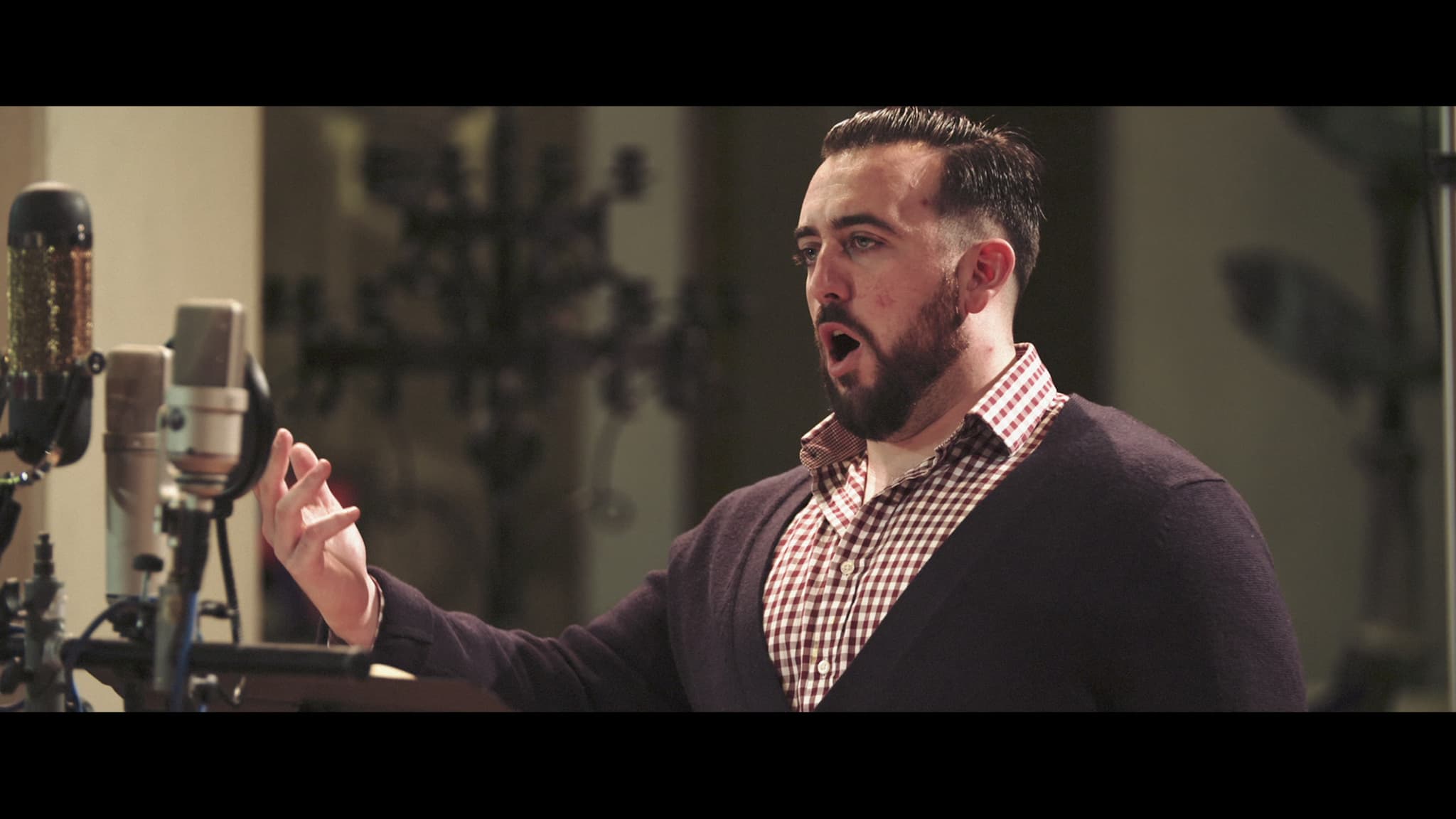New on STAGE+
Albums
Short Videos
About
Giacomo Puccini

Widely regarded as the most significant Italian opera composer since Verdi, Giacomo Puccini is known to all operagoers as composer of some of the world's best-loved and most-performed operas. But although Puccini was born into an old musical family in Lucca and studied at the Milan Conservatory (where he composed his Messa di Gloria in 1880), theatrical success did not come to him immediately. His first operas Le Villi (1884) and Edgar (1889) were qualified flops. Manon Lescaut (1893) was his first major hit, and with La bohème (1896) his success became international.
Combining the emotional directness of so-called verismo opera with richly coloured orchestral writing and an unforgettable gift for lyrical melody, it set the pattern for future achievements, including the historical thriller Tosca (1900) and the Japanese tragedy Madama Butterfly (1904). Puccini responded to a commission from New York with La fanciulla del West (1910) and for Vienna he wrote the operetta-like La Rondine (1917), while Il Trittico (1918), a trilogy of one-act dramas, incorporated his only comedy, Gianni Schicchi. Puccini's operas brought him wealth and an elegant villa near the Tyrrhenian Sea: his final project, an adaptation of Gozzi's oriental fantasy Turandot was completed by Franco Alfano and premiered in 1926, two years after his death.




